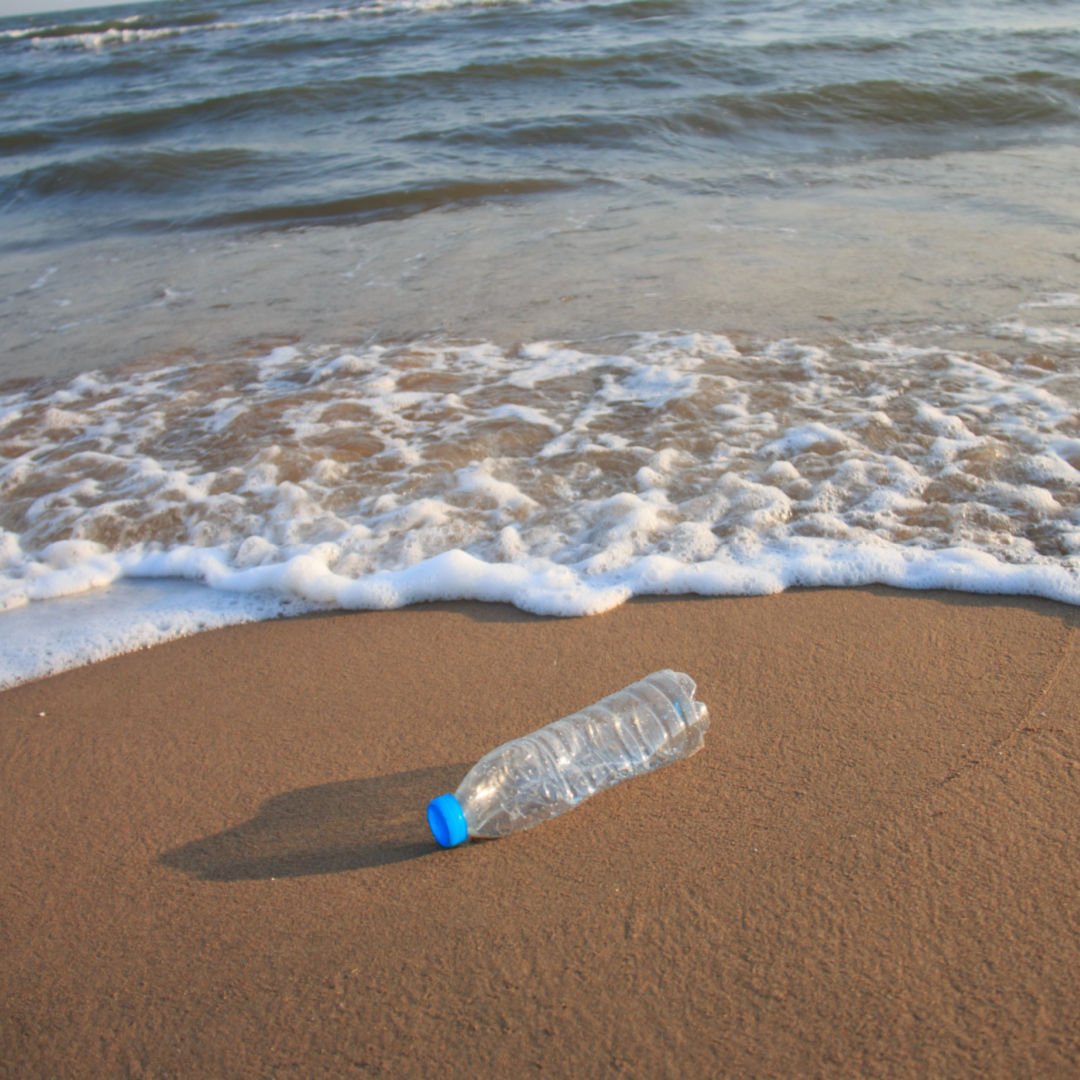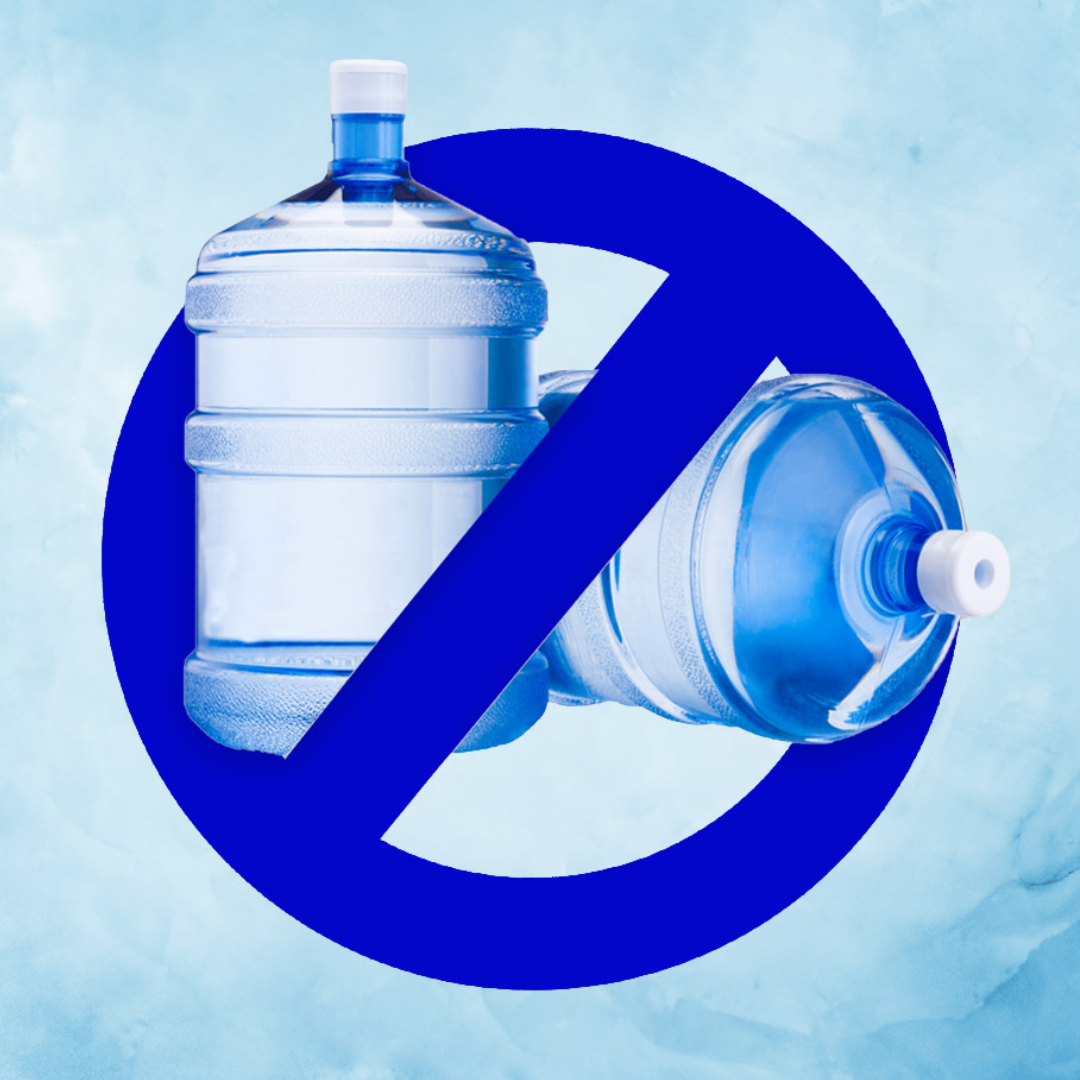How Do Plastic Water Bottles Affect Our Environment?
One million seabirds and 100,000 fish, sea mammals, and turtles die every year due to plastic pollution. Not particularly concerned about animals and sea mammals? Okay, fine. How about this unfortunate component…
Plastic bottles contain Bisphenol A (BPA), the chemical used to make the plastic hard and clear. BPA is an endocrine disruptor that has been proven to be hazardous to human health. It enters the human body through exposure to plastics such as bottled drinks and cleaning products and has been strongly linked to a host of health problems including certain types of cancer, neurological difficulties, early puberty in girls, reduced fertility in women, premature labor, and defects in newborn babies, just to name a few negative effects.
In the U.S., 1,500 plastic water bottles are consumed every second. In addition to what plastic water bottles are doing to our bodies and to our wildlife, their impact on our environment is beyond astonishing.
Calculating the cost on our environment.
If we calculate the energy costs of making plastic water bottles, processing the water that goes into them, and cleaning, filling, sealing, labeling, and transporting them to market, researchers concluded that satisfying the annual global demand for plastic water bottles consumes the energy equivalent of about 160 million barrels of oil. This is up to 2,000 times the energy required to produce the equivalent volume of tap water.
Bottled water is unnecessary for anyone with access to sanitary tap water.
This addiction to bottled water is pumping about 20 million metric tons of greenhouse gas carbon dioxide into the atmosphere every year – equivalent to the monthly output of CO2 from powering 20 million homes.
The next time you buy a liter of your favorite plastic water bottles, imagine first pouring six other bottles of it down the nearest sink before you even take a sip. Then, just picture that crystal-clear bottle with its label evoking idyllic mountain scenery a quarter full of crude oil. That, according to the Marine Conservation Society, part of a global collaboration of environmental campaigners determined to end our love affair with bottled water, is what it takes to produce that plastic water bottle you have in your hand.
With the industry boasting of record growth and predicting that sales of its products will soon overtake those of carbonated soft drinks in the U.S., simple maths tells us that the environmental impact of bottled water today is at least 40 percent worse than it was 10 years ago.
How can I help solve the plastic water bottle problem?
Carry an eco-friendly reusable water bottle.
There have been amazing innovations for convenient, eco-safe water bottles. The best ones are sunlight resistant, and there are even bottles that are self-filtering so you can pore in regular tap water the filtering system does its job as it passes through the lid and spouts.
Recycle all plastics.
You’ve heard of “Reduce, Reuse Recycle”, yes? There is a season “Reduce” come first. We should focus on that option before we give ourselves the excuse to buy new, telling ourselves “Oh, I’ll just recycle it.” Reuse everything you can first for as long as you can to minimize our consumption.
If you have to buy, buy bigger.
If you have to drink store-bought water bottles, buy the largest containers you can. The single-serving water bottles are getting ridiculous with even half-serving 8-ounce sizes, but it probably takes half of that volume in fossil fuels just to manufacture and ship them. Choose to buy large water containers that can last almost a week, and then refill them! The biggest and best option in our opinion? A bottleless water system!
Educate yourself about organizations that are helping.
There is a long list of nonprofits and organizations whose activism is making a big difference. They may focus on recycling, legislation, education, cleanup, protecting our lakes and rivers, or cleaning up our oceans, but the one common factor is that they would all love your help.
In summary, remind yourself this: Where tap water is drinkable, bottled water is entirely unnecessary.
Give Your Office the Benefits of Bottleless Water
At Optimum, we are dedicated to contributing to a positive impact on our environment through bottleless water systems. Interested in seeing what they’re all about? Try an Optimum Water Solutions System FREE for 7 Days! Find the system that works best for you, and put any Optimum Water System in your office for one week with no obligation. Clearly. Pure. Water.



